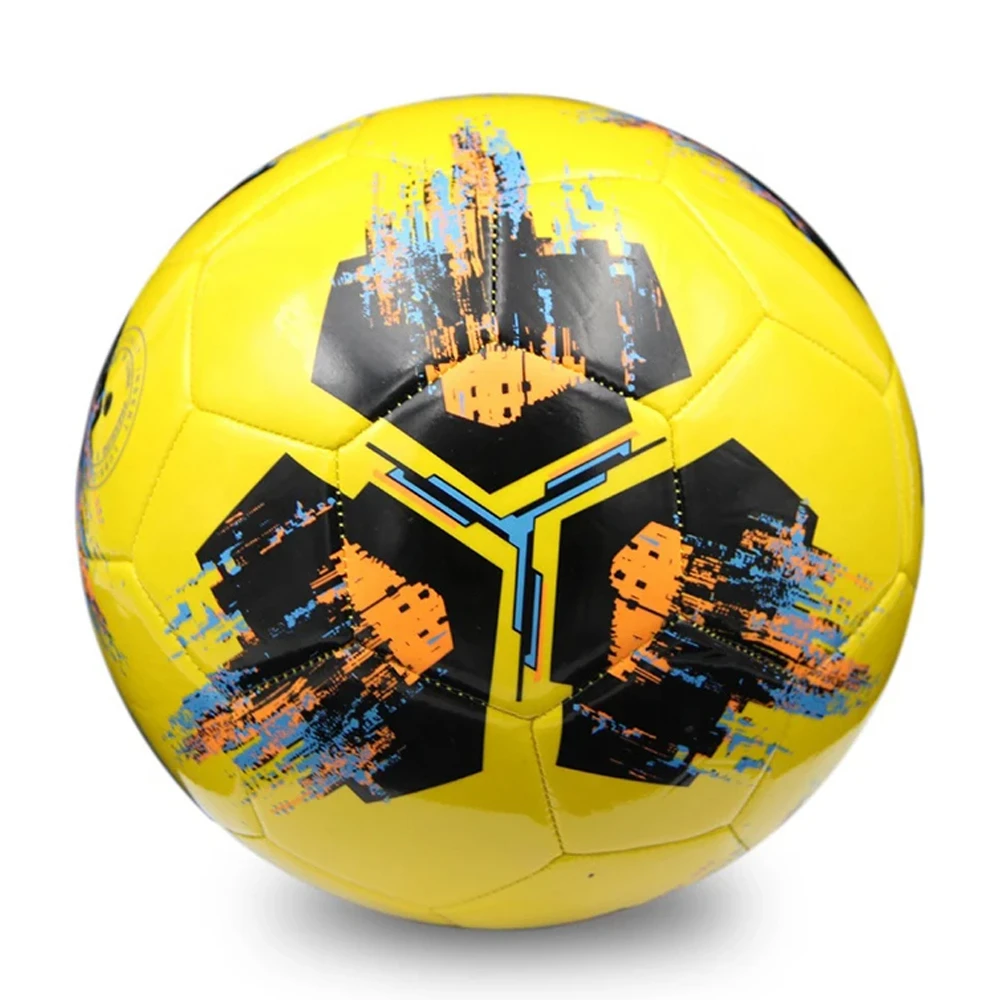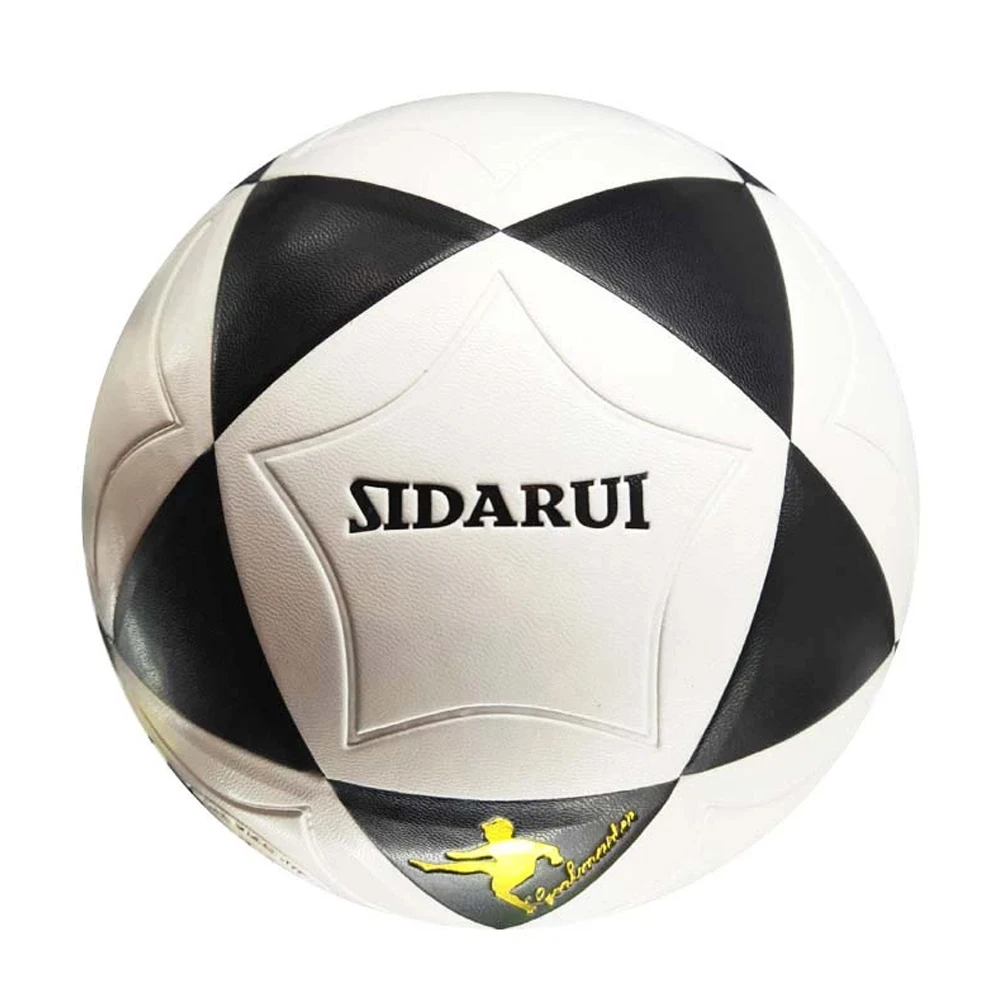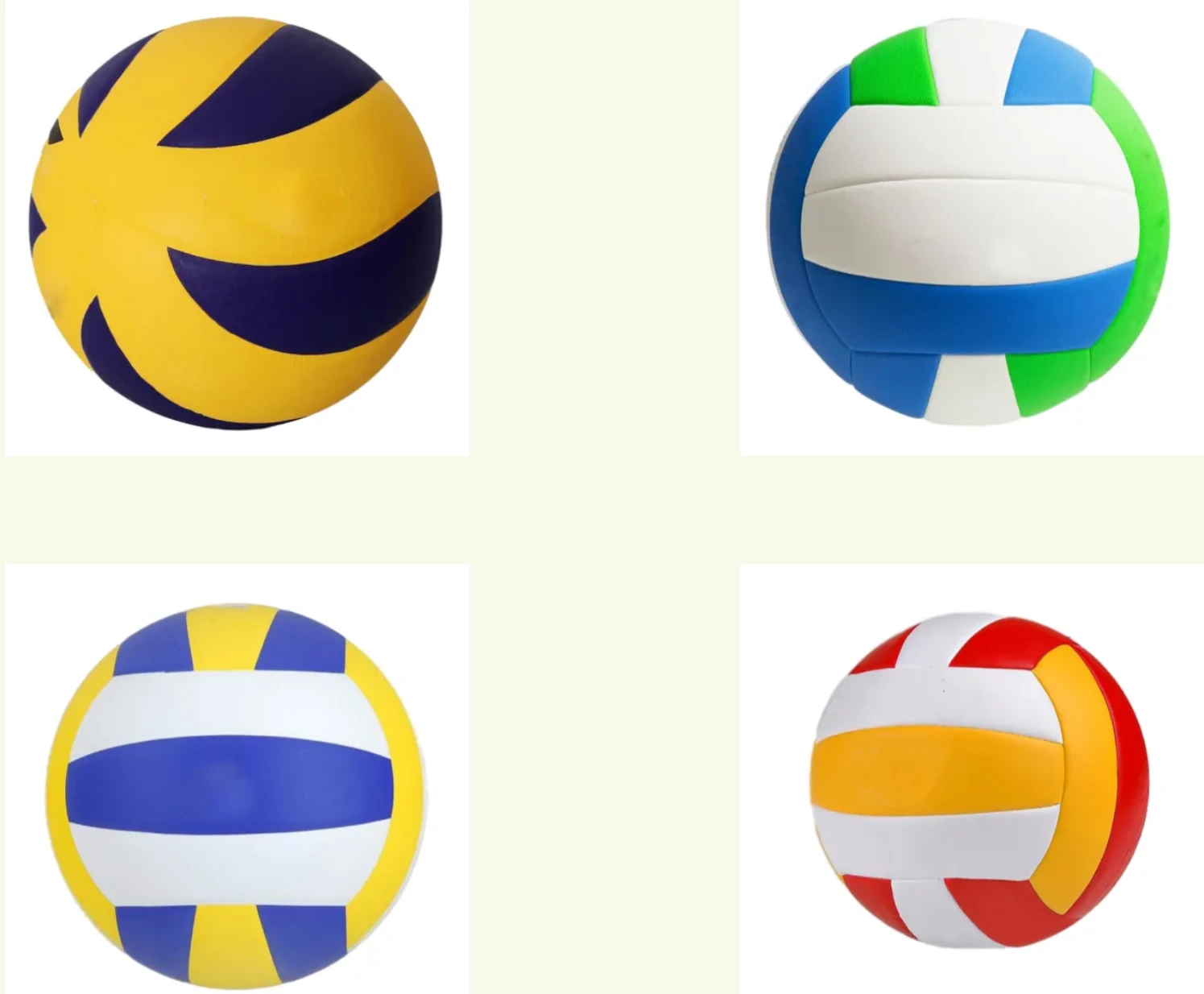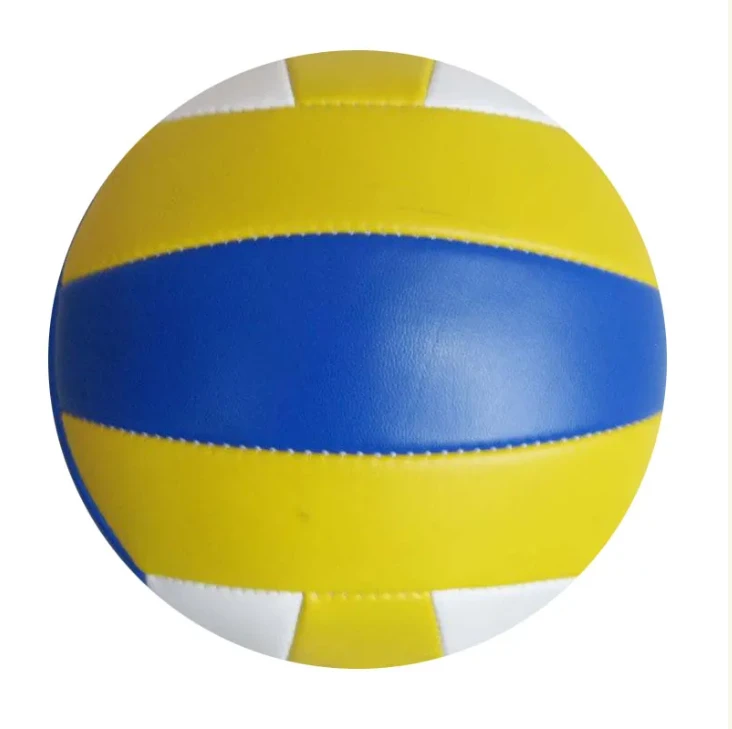Volleyball stands as a dynamic sport that blends teamwork, strategy, and physical prowess. Physical education classes incorporating volleyball offer students numerous benefits, extending beyond the confines of the gymnasium. This article elucidates how integrating volleyball into physical education can enhance student experience, expertise, authoritativeness, and trustworthiness within the spectrum of athletic development.

The Essence of Volleyball in Physical Education
Volleyball is an excellent medium for fostering a student's ability to collaborate and communicate effectively. Unlike many sports where individual performance dominates, volleyball thrives on the collective efforts of a team. This aspect makes it an ideal inclusion in physical education programs aimed at nurturing interpersonal skills alongside physical fitness. In a typical PE class, students learn to position themselves strategically, articulate clear communication, and adapt to rapidly changing scenarios on the court.
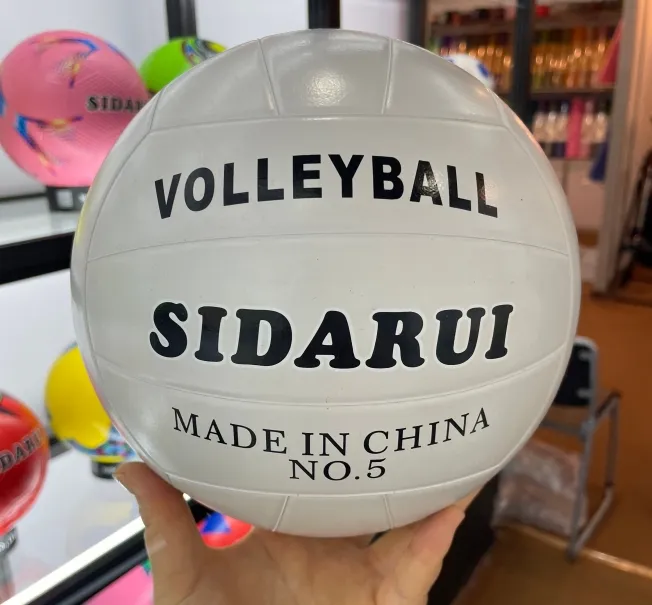
Skill Development and Expertise Acquisition
Introducing volleyball to students aids in developing a wide array of motor skills and physical competencies. Serving, passing, setting, attacking, and blocking are fundamental skills that a well-structured volleyball program in physical education will cover. Through regular practice, students enhance their agility, coordination, and reaction times. More importantly, they cultivate an appreciation for discipline and perseverance, crucial traits for mastery in any domain.
Volleyball's structure inherently encourages students to develop expertise by participating in repetitive drills and guided matches. The role rotation system ensures that each student experiences various positions and responsibilities within the team's formation, promoting a comprehensive understanding of the game. This rotation emphasizes the importance of versatility and adaptability, which are essential skills not only in volleyball but in various life situations.
Authoritativeness Through Structured Learning
The pedagogical approach to volleyball in physical education can significantly establish a student's authoritative understanding of the sport. Instructors play a pivotal role in this process by implementing evidence-based teaching methodologies and leveraging their own expertise to guide students. Structured learning modules, focusing on both theoretical and practical knowledge, enable students to understand the rules, strategies, and history of volleyball.
volleyball physical education pdf
Advanced physical education programs may integrate technology to analyze gameplay, providing students with deeper insights into skillful plays and strategic maneuvers. By equipping students with a robust knowledge foundation and analytical skills, these programs empower them to not only participate in the sport but also contribute intellectually to discussions about volleyball's evolution and its role in sports science.
Building Trustworthiness Through a Positive Environment
A well-executed volleyball program fosters a positive and inclusive environment, where students feel valued and respected. Respect for rules, teammates, and opponents is ingrained through the conduct of the game. The collaborative nature of volleyball demands a high degree of trustworthiness amongst team members, as each player relies on others to perform their roles effectively.
Physical education programs that prioritize emotional intelligence and sportsmanship elevate the experience by emphasizing the spirit of fair play and ethical conduct over winning. Consequently, students learn the importance of honesty, integrity, and mutual respect—traits that build trustworthiness and are applicable on and off the court.
Conclusion A Holistic Approach to Athletic Education
Volleyball’s inclusion in physical education provides a multifaceted approach to student development. By merging physical training with strategic thinking and teamwork, volleyball offers students a unique opportunity to excel in various competencies. These programs ultimately contribute to their overall growth, equipping them with skills and values that transcend the boundaries of sport.
The knowledge and experience amassed through a robust volleyball curriculum thus become fundamental to students' lifelong learning journeys, instilling in them the confidence and determination necessary to navigate diverse challenges. As more educational institutions embrace such comprehensive programs, the impact of volleyball on fostering well-rounded individuals will undoubtedly become even more pronounced.






